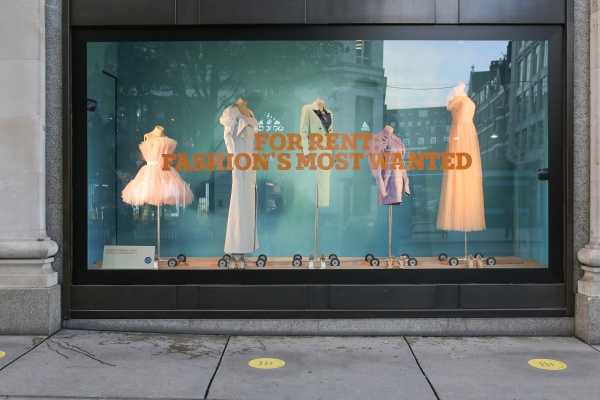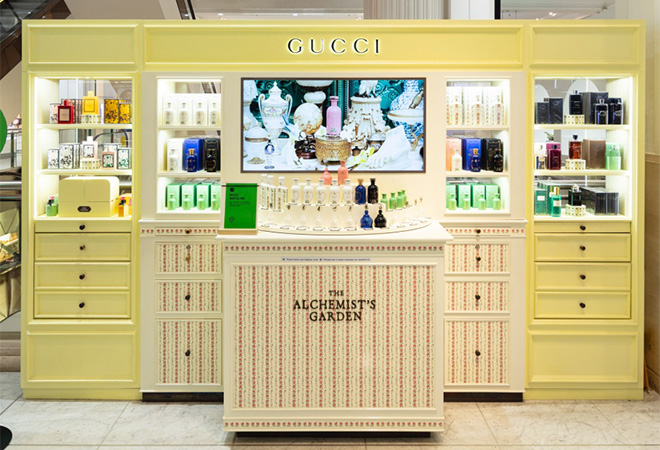Selfridges launched a transformational new sustainability initiative, Project Earth with a commitment to change the way we shop by 2025. The initiative casts a spotlight on the shared responsibility between consumers, brands, and retailers to shop sustainably and be environmentally aware.
Alannah Weston, Selfridges Group Chairman said, “Out of the global pandemic has come an understanding of how fragile and complex our systems are, but also how our planet and people can benefit if we act collectively with a shared purpose.
Now more than ever we must double down on our efforts to reinvent retail with sustainability at its heart and a way of working which is regenerative for humans and nature. Achieving our ambitions won’t be easy, but we are in a unique position to be able to work with our team members, partners, and customers to co-create change and explore possibilities for a sustainable future.”
The initiative builds on the industry-leading steps Selfridges has taken over the last 10 years to place sustainability at the heart of the business. Selfridges is the first luxury department store to set tough material requirements as part of their commitment to a science-based Scope 3 carbon reduction target in goods and services.

Through Project Earth, Selfridges commits to:
Underpinning Project Earth is a broader commitment to Science-Based Targets and to achieve Net-zero carbon by 2050, in line with the Paris Agreement.
Anne Pitcher, Global Managing Director of Selfridges Group said “In a way we never could have predicted, the cycle of consumption has been broken by the pandemic marking a moment of change in our customers to a more considered mindset and requiring us to set new expectations for retail. We firmly believe evolving the way we do business and supporting change in the way people shop is essential to building a more sustainable business. Selfridges has the platform to change how shopping is done wrapped up in the destinations, experiences and inspiration customers want from us. And the tough, stretching targets we have set ourselves underpin our commitment to change our business and our ambition to imagine and create a sustainable future for our customers.”
Project Earth will be supported by eight weeks of events and activities to engage with issues, amplify conversations, and challenge mindsets by exploring the most exciting ideas in sustainability with some of the most influential thinkers in the space. There will be a series of 13 talks, takeovers and screenings with 10 partners such as How To Academy and Intelligence Squared and more than 20 events engaging with stories, brands, and services to engage customers with the future of shopping.

Beauty is a key focus when considering sustainability, and more than 80 beauty brands are participating in the Project Earth initiative. The beauty department will be animated with brand events, Terracycle will enable shoppers to drop off empty plastic packaging for recycling and brands like Aveda and Davines are launching pop-up concepts.
“In recent years refillable and plastic-conscious concepts are certainly of increasing importance to us and our customer – we have seen some incredible results from refillable products across all of beauty,” Melissa McGinnis, head of beauty buying at Selfridges told Harpers Bazaar.
At the end of last year, Selfridges removed all single-use beauty wipes from its Beauty Halls and online, replacing them with reusable and recyclable alternatives. That was followed by a ban on beauty products containing plastic-based glitter.